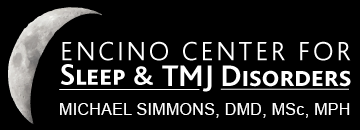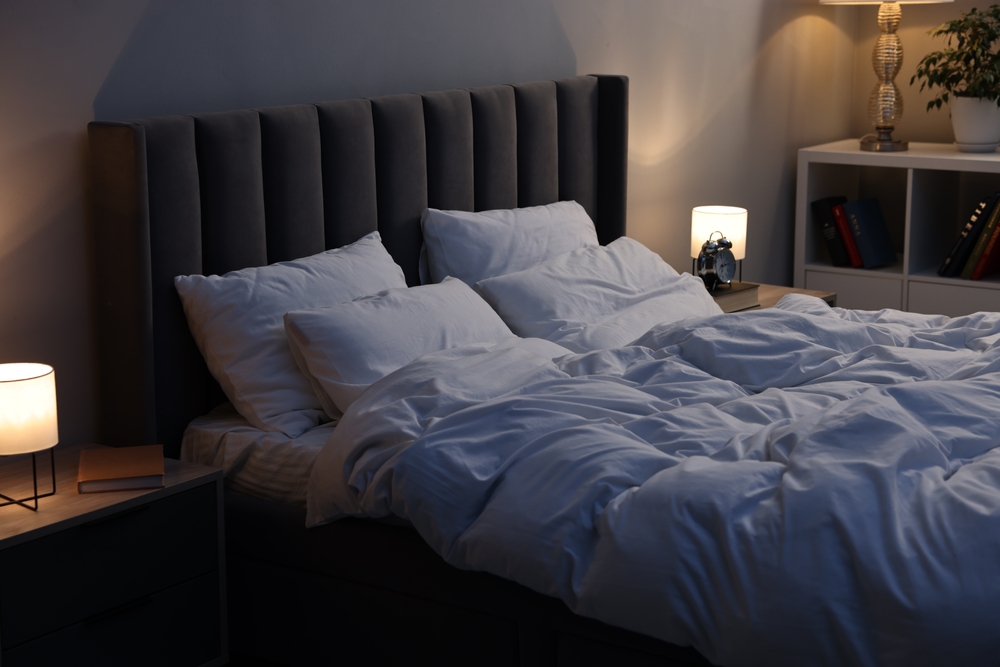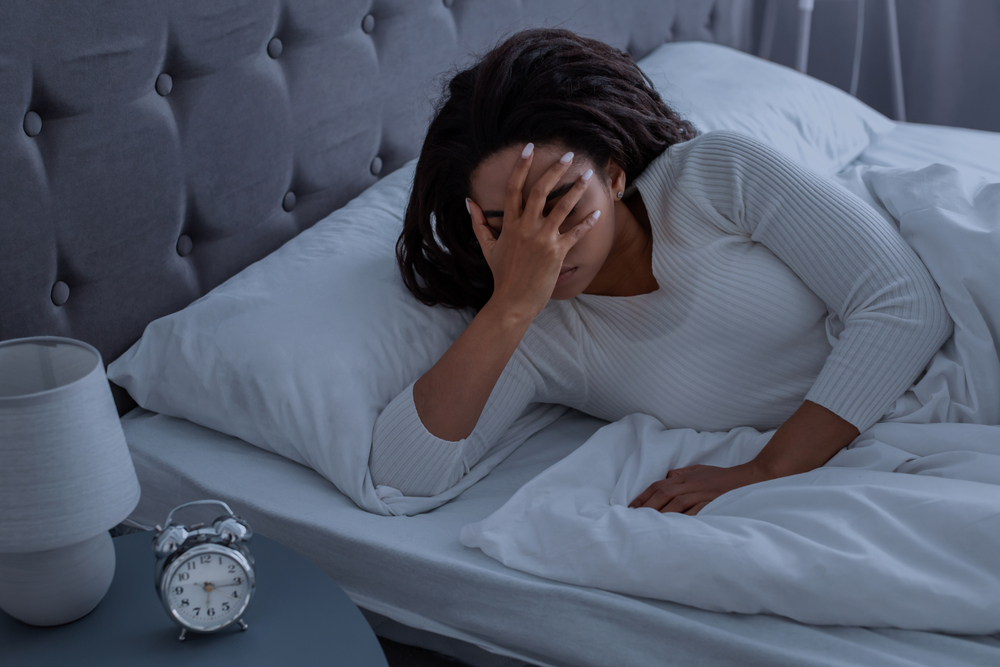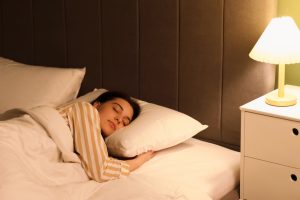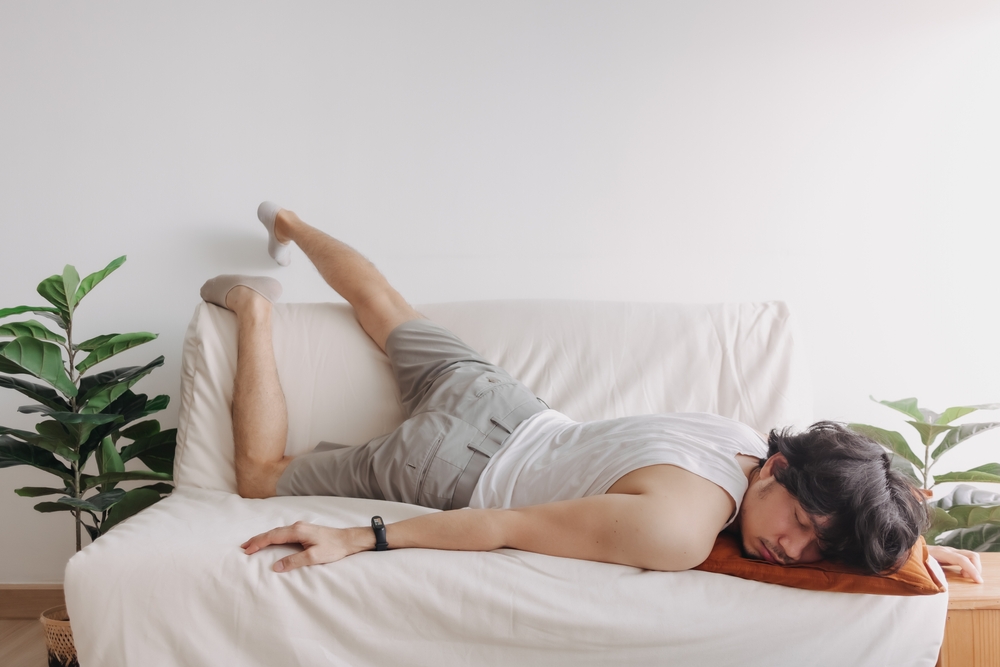How Technology Disrupts Your Sleep Patterns
How Technology Disrupts Your Sleep Patterns
What’s Keeping You Up at Night?
The devices we depend on throughout our days may silently sabotage our nights. From smartphones to tablets, and even smart home devices, modern technology has fundamentally altered how we sleep—and for the worse.
The Encino Center for Sleep & TMJ Disorders offers specialized care to address these interconnected problems. Dr. Simmons and our team will work with you to develop practical solutions that fit your lifestyle. Make quality sleep a priority—your body and mind deserve it. Call (818) 300-0070 to book your appointment and start your journey toward restorative sleep.
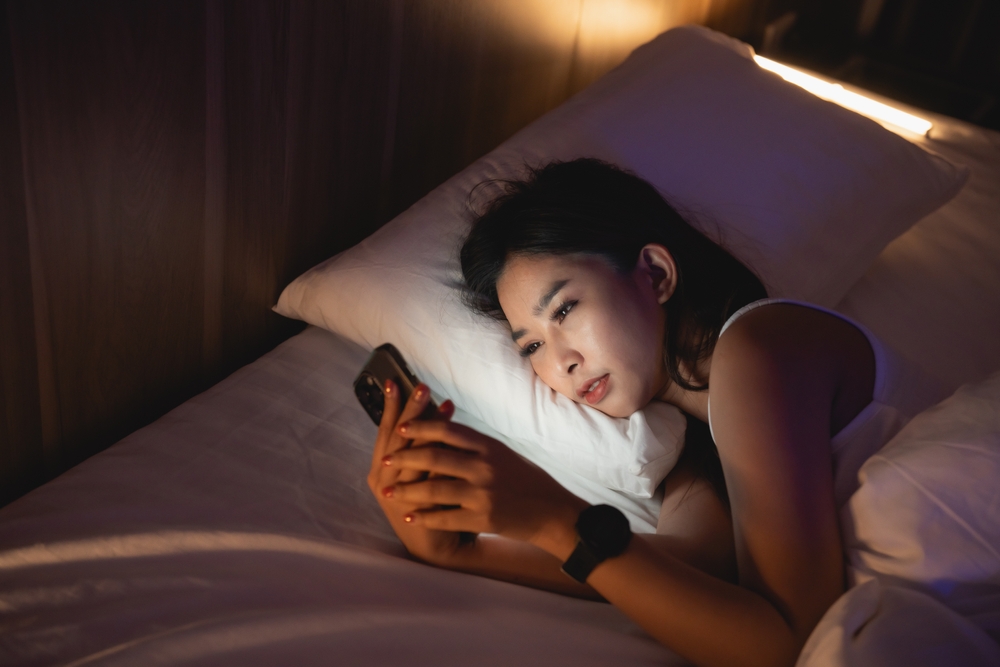
The Blue Light Problem
One of the most well-documented ways technology interferes with sleep is through blue light exposure. The screens on our devices emit blue wavelength light that:
- Suppresses melatonin production, our body’s natural sleep hormone
- Signals to our brain that it’s still daytime, disrupting our circadian rhythm
- Increases alertness when we should be winding down
Research shows that using screens within 1-2 hours of bedtime can delay sleep onset and reduce both sleep quality and duration. Even brief exposure to blue light can confuse our internal clocks.
The Always-On Mentality
Beyond the physical effects of device light, technology has created an “always available” culture that makes it difficult to disconnect:
- Work emails ping at all hours, creating anxiety that interferes with rest
- Social media notifications create FOMO (fear of missing out) that keeps us scrolling
- Breaking news alerts trigger stress responses that keep our minds racing
This constant connection means our brains remain in an activated state when they should be transitioning to rest, making it harder to fall and stay asleep.
Digital Content and Sleep Procrastination
The seemingly infinite stream of content available through our devices leads to what researchers call “bedtime procrastination” or “revenge bedtime procrastination.” After busy days with little personal time, many people sacrifice sleep hours to reclaim control over their leisure time:
- “Just one more episode” of a streaming show extends far beyond bedtime
- Endless social media feeds provide constantly refreshing content
- Gaming sessions stretch late into the night
These behaviors reduce total sleep time and create irregular sleep schedules that further disrupt our natural rhythms.
Electromagnetic Fields (EMFs)
While research continues, some evidence suggests that the electromagnetic fields generated by wireless devices might impact sleep quality. Keeping multiple devices charging or operating near your bed creates an electromagnetic environment unlike anything humans have experienced throughout evolutionary history.
Breaking the Cycle: Technology and Sleep Solutions
The good news is that we can use technology more mindfully to protect our sleep:
Digital Boundaries
- Set a digital curfew (ideally 1-2 hours before bed)
- Create tech-free zones in the bedroom
- Use “do not disturb” settings during sleep hours
Blue Light Management
- Enable night mode/blue light filters on devices
- Consider blue-light blocking glasses for evening screen use
- Replace bright white bulbs with warm lighting in the bedroom
Sleep-Supporting Technology
- Use white noise apps to mask disruptive sounds
- Try sleep tracking devices to understand your patterns
- Smart thermostats can maintain optimal sleeping temperatures
Mindfulness Practices
- Replace pre-bed scrolling with meditation apps or calming music
- Journal on paper instead of a device to process your day
- Establish consistent sleep and wake times
Finding Balance
Technology itself isn’t inherently harmful to sleep—it’s how we use it that matters. By establishing healthier digital habits and creating boundaries between our connected lives and our rest time, we can enjoy the benefits of modern technology without sacrificing the quality sleep our bodies and minds require.
Remember that good sleep is the foundation of physical health, mental well-being, and daily performance. In our pursuit of digital connection, let’s not disconnect from one of our most fundamental biological needs—restful, rejuvenating sleep.
Ready for Better Sleep?
Struggling with sleep disruption from technology or experiencing sleep issues related to TMJ disorders? The team at Encino Center for Sleep & TMJ Disorders can help you reclaim restful nights. Our sleep specialists provide personalized assessments and treatment plans to address your specific sleep challenges.
Don’t let another night pass with poor sleep affecting your health and quality of life. Call (818) 300-0070 today to schedule your consultation and take the first step toward restorative sleep and better health.
